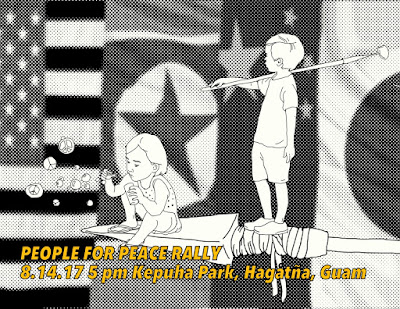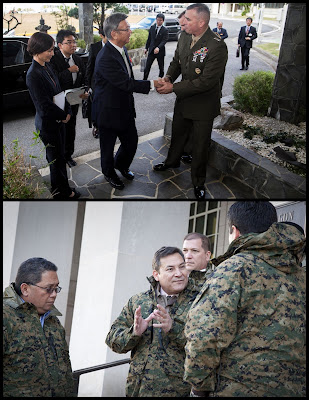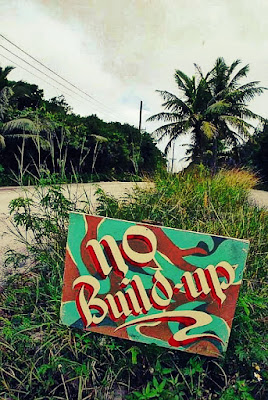Veterans for Decolonization

I have been traveling for the past few weeks and struggling while conducting research and giving a variety of presentations, to also finish up a couple of articles. One of them is based on the research I did for the Guam Humanities Council a few years ago for their exhibit Sindålu: Chamorro Journey Stories in the US Military. It was an exciting and interesting project on a variety of levels. I got to share some interesting stories that I've come across in my archival and oral history research, some of which haven't really ever been publicized before. I also got to tackle some issues in terms of understanding or unpacking contemporary Chamoru identity. The veteran subjectivity is so pervasive and somewhat hegemonic in Chamoru culture today, that it ends up taking a great deal of space, even for those who aren't veterans themselves. How many people when talking about issues of decolonization and demilitarization feel a inner need to curb their potential voice, their potenti







